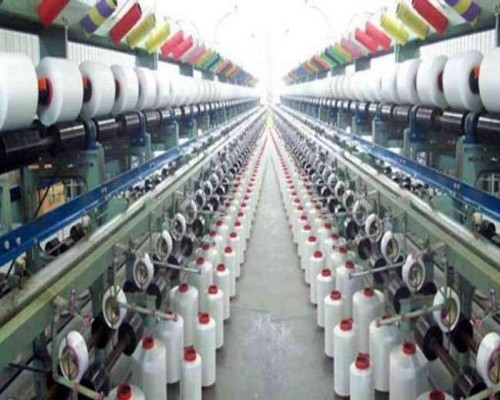Government Plans Major Regulatory Reforms to Boost Manufacturing and Business Ease

The Indian government is preparing to introduce the Jan Vishwas Bill 2.0, which aims to remove hundreds of outdated provisions related to industries and businesses, making it easier for manufacturers and entrepreneurs to operate. The bill, expected to be tabled in the upcoming Budget Session of Parliament, will streamline regulations across more than 11 ministries, eliminating over 100 redundant provisions that create unnecessary bureaucratic hurdles.
Key Reforms Under Jan Vishwas Bill 2.0:
• Easing Compliance for Businesses: The bill aims to reduce unnecessary legal provisions that slow down industrial growth. Previously, the government had removed 183 provisions, and this new version will further ease compliance for businesses.
• Simplifying Industrial Inspections: The traditional unit inspection system is being replaced with a more transparent and efficient mechanism, reducing delays and corruption.
• Reducing Manufacturing Costs: A major objective is to cut down compliance costs and regulatory burdens, making Indian manufacturing more competitive globally.
Manufacturing Sector to Get a Boost
The government has announced plans to enhance industrial efficiency and quality under the Manufacturing Mission, which is expected to receive significant budget allocations. This mission will focus on:
• Developing skilled workforce to meet modern industry demands.
• Creating a flexible regulatory framework to attract more investment.
• Enhancing product quality to boost domestic and export markets.
Challenges and Future Prospects
Despite these initiatives, manufacturing still accounts for only 15% of India’s GDP, which is lower than the global average. The government is working on strategies, including ‘Make in India’ and Production-Linked Incentive (PLI) schemes, to boost this share. However, implementation and coordination across states will play a crucial role in ensuring the success of these reforms.
The upcoming Jan Vishwas Bill 2.0 is expected to be a game-changer for India’s industrial landscape, making it easier, faster, and more efficient for businesses to thrive in a globally competitive market.























